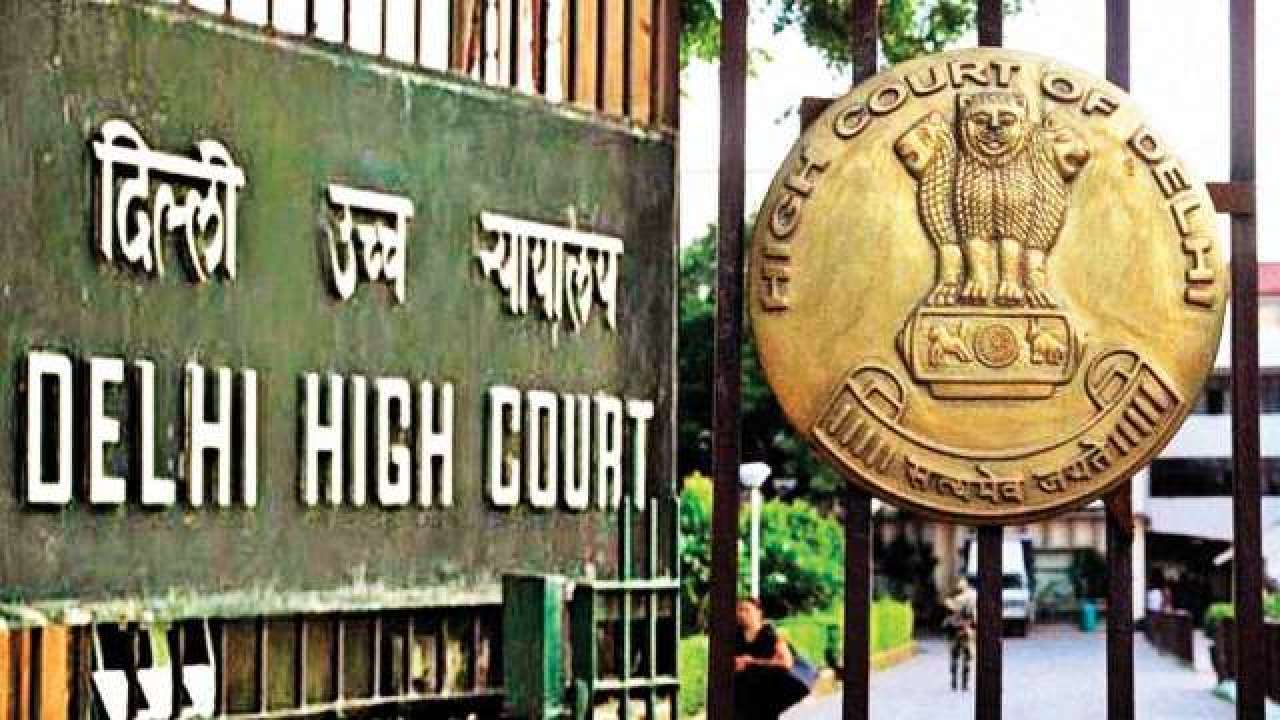The Navtej Singh Johar judgement of 2017 was a landmark step in the fight for equality of the LGBTQIA+ community. It is pertinent to note that by the scrapping of Section 377 of the Indian penal Code, the existence and importance of the LGBTQIA+ community in the society was constitutionally protected. However, there is a long way to go in terms of securing rights. The fight for equal civil rights still continues for the community.

Facts
The civil rights fight of the LGBTQIA+ community has been long pending. Equal rights are constitutionally guaranteed under Article 14. It is pertinent to note that the idea of sexuality and gender identity interfering with one’s individual freedom and civil rights is grossly violative of fundamental rights. In the fight for equal rights and civil rights in particular, for the LGBTQIA+ community the Delhi High Court had ordered the state to bring about laws that recognise same-sex marriages.
Arguments
The Centre in its plea negated the need for same-sex marriages. With respect to the Navtej Singh judgement, they stated that they “only made a limited declaration to decriminalize a particular human behaviour, which was a penal offence under S.377 IPC. The said declaration was neither intended to nor did, in fact, legitimise the conduct in question.” The main point put forward was that the Navtej Singh judgement and the Puttawamy judgement (right to privacy) did not fundamentally recognise same-sex marriages or even same-sex unions. The petition further contended that “The question as to whether such a relationship be permitted to be formalised by way of legal recognition of marriage is essentially a question to be decided by the legislature and can never be a subject matter of judicial adjudication. The Hon’ble Constitutional court can analyze the existing rights but cannot create a new right by the process of judicial adjudication. The prayer made by the petitioner before this Hon’ble Court, is, therefore, wholly unsustainable, untenable and misplaced.” The petition further contended that marriage in India was a union between a “biological man and a biological woman.”
Affidavit Statements
The plea filed by the Centre included some grossly discriminatory sentences such as, “Fundamental Right under Article 21 is subject to the procedure established by law and the same cannot be expanded to include the fundamental right for a same-sex marriage to be recognized under the laws of the country which in fact mandate the country.” The affidavit further stated, “Statutory recognition of marriage as a union between a ‘man’ and a ‘woman’ is intrinsically linked to the recognition of the heterogeneous institution of marriage and the acceptance of the Indian society based on its cultural and societal values.” The plea filed by the Centre, if anything, is a sneak peek into the patriarchal structure of the Indian society, which sticks and appreciates the cis-heteronormative front while disregarding and degrading others who do not align with it.
Libertatem.in is now on Telegram. Follow us for regular legal updates and judgement from the court. Follow us on Google News, Instagram, LinkedIn, Facebook & Twitter. You can also contribute blog, articles, story tip, judgment and many more and help us spread awareness for a better society. Submit Your Post Now.

